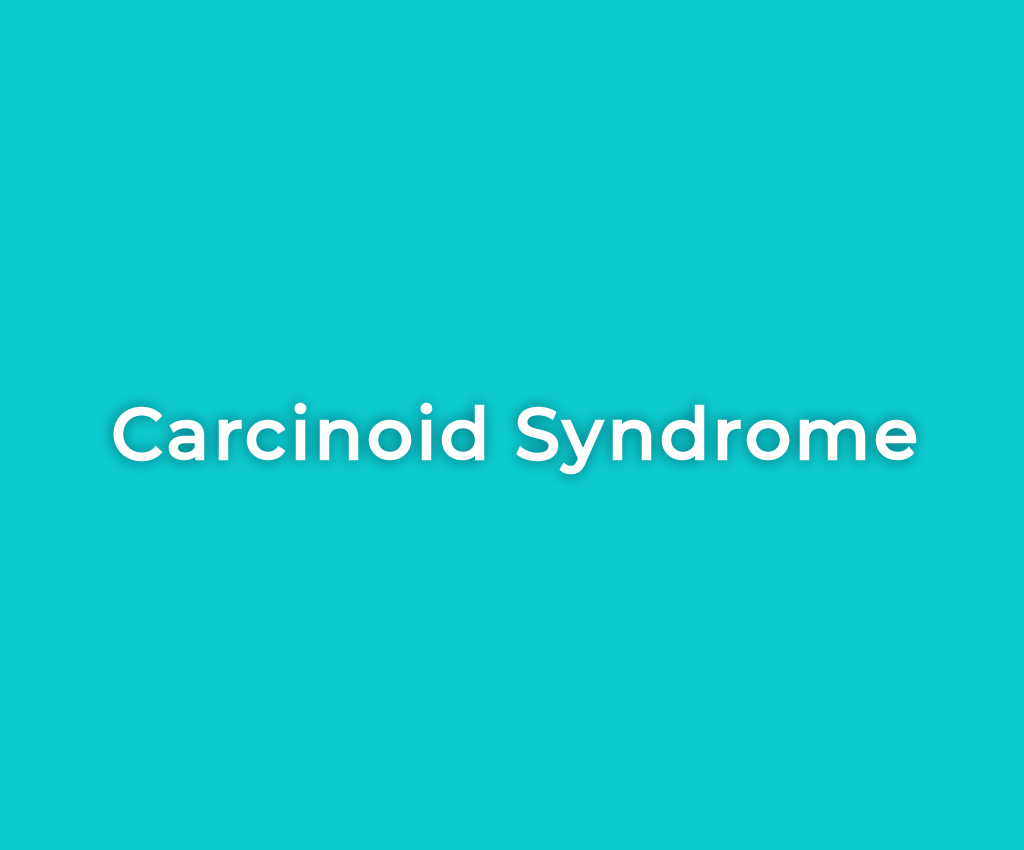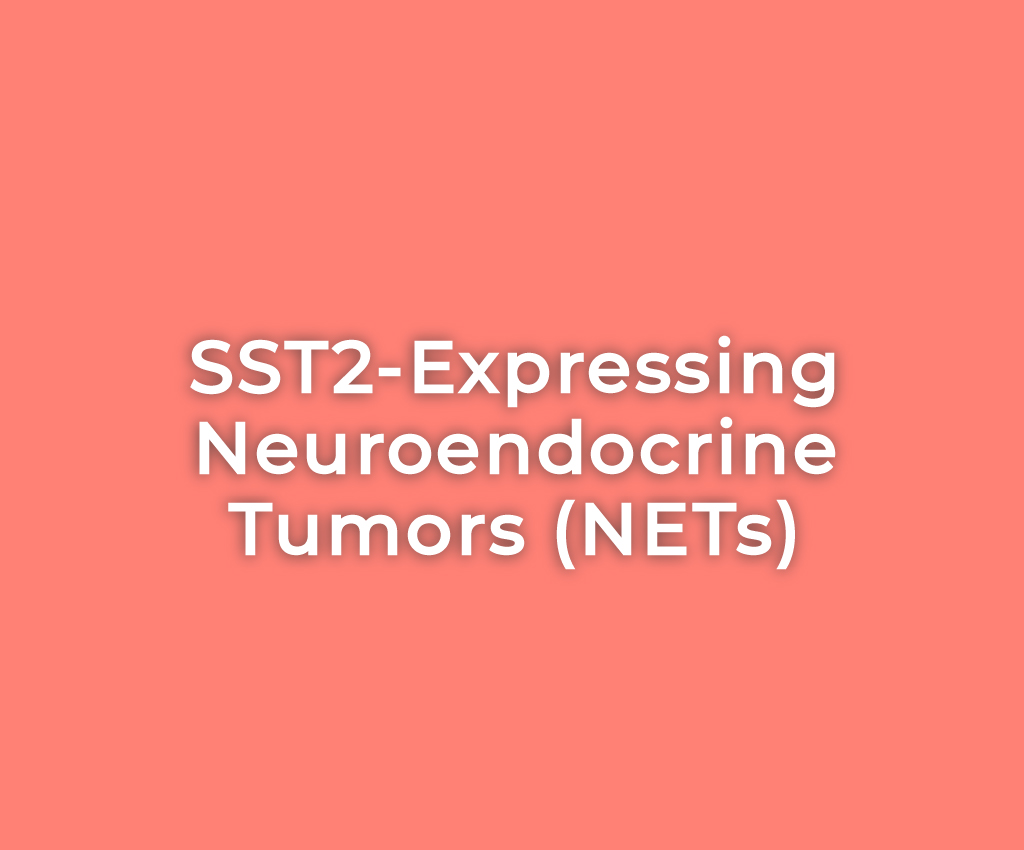Focused Innovation Across Endocrine Disease
We are discovering and developing targeted therapies to address some of the most challenging and underserved endocrine conditions. Each of our development programs are designed with deep scientific insight, a strong foundation in GPCR biology, and a commitment to improving patient lives. Explore each area to see how our science is making a difference.

Acromegaly results from excess levels of growth hormone (GH) that, in turn, causes excess secretion of insulin-like growth factor-1, or IGF-1, by the liver. It’s a very rare disorder, and while it can develop at any age, it usually affects middle-aged adults.
Carcinoid syndrome is a group of symptoms that may present in some patients when they have a specific type of cancer called a neuroendocrine tumor (NET).


NETs are a rare, heterogenous type of cancer that originate from neuroendocrine cells throughout the body, most often in the gastrointestinal tract, lungs, and pancreas.
CAH is a genetic disorder in which patients have impaired cortisol synthesis. This results in persistently high levels of adrenocorticotropic hormone (ACTH), which causes overstimulation of the adrenal cortex. This results in excess androgen output from the adrenals, which put patients at risk of infertility, hirsutism, acne, and the need to be on supraphysiologic doses of glucocorticoids (GCs).


ACTH-dependent Cushing’s syndrome (ADCS) is caused by a tumor secreting ACTH into the bloodstream. This ACTH secretion leads to an excess of cortisol. Excess cortisol can cause cardiovascular disease, diabetes, fractures, weight gain, and high blood pressure. ACTH excess can also result in production of elevated androgen levels from the adrenals.
Transforming Endocrine Disease Treatment
Be the first to know about the advances we're making in endocrine-rooted care.
